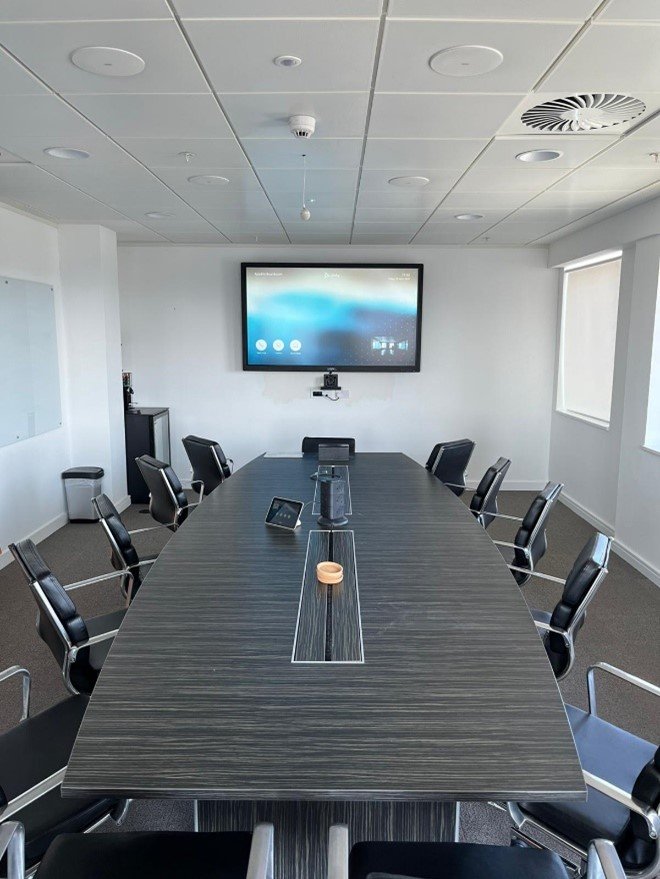In addition, the survey showed an overwhelming majority (87%) of global leaders, and 83% of UK executives, believed that financial rewards and promotion opportunities could be linked in future to office attendance.
Jon Holt, the chief executive of KPMG in the UK, said there was not a “one-size fits all approach” to back-to-office mandates, and that any such move could “create tensions between leaders and employers”.
In recent weeks, large corporates have started to call an end to the more flexible working patterns that followed the pandemic, led by the big tech firms including Amazon, Google and Meta, and banks including Citigroup and Lloyds. Senior bosses at those firms have said that bringing teams together increases creativity and collaboration, as well as fostering a corporate culture.


